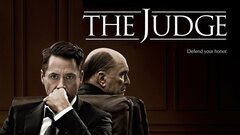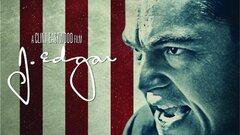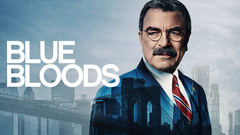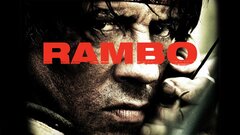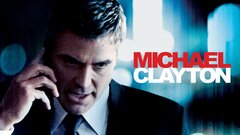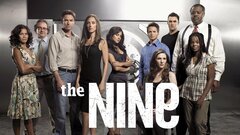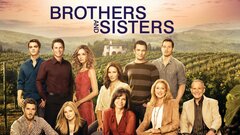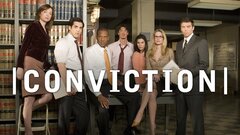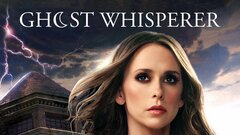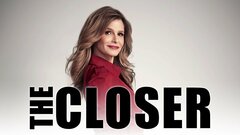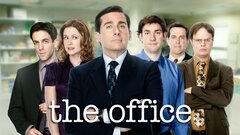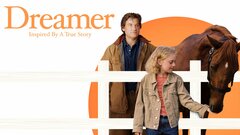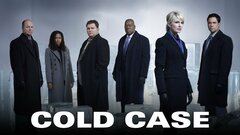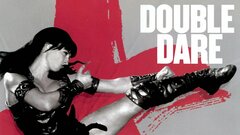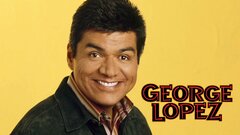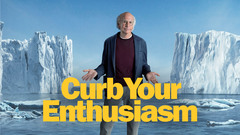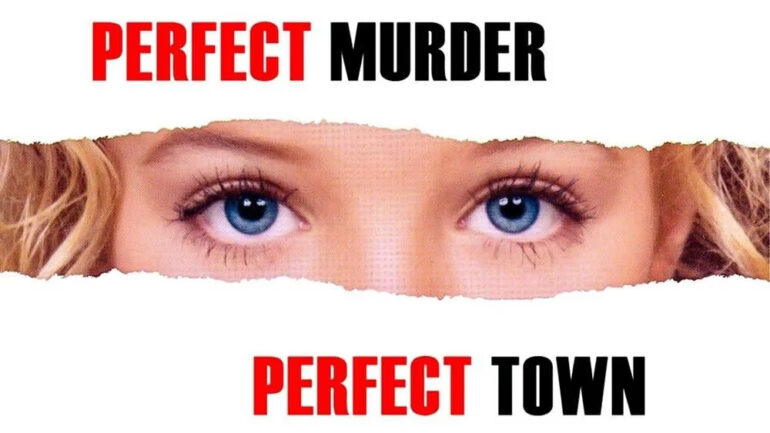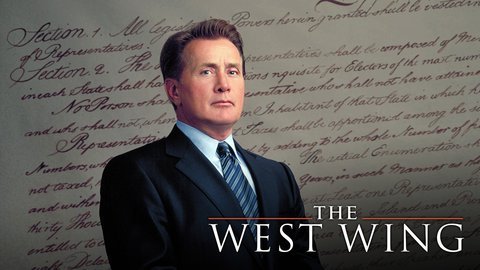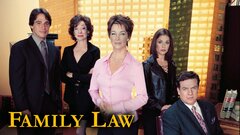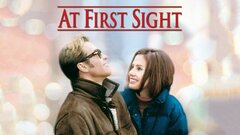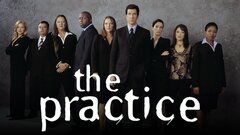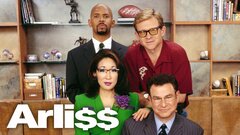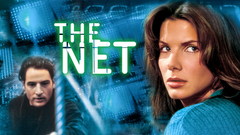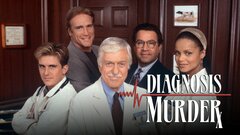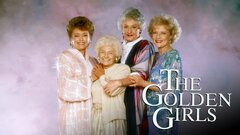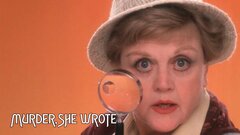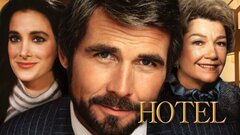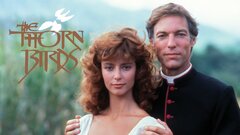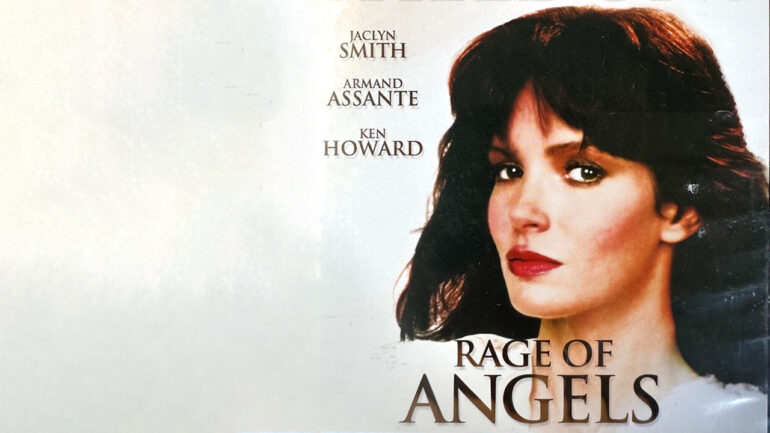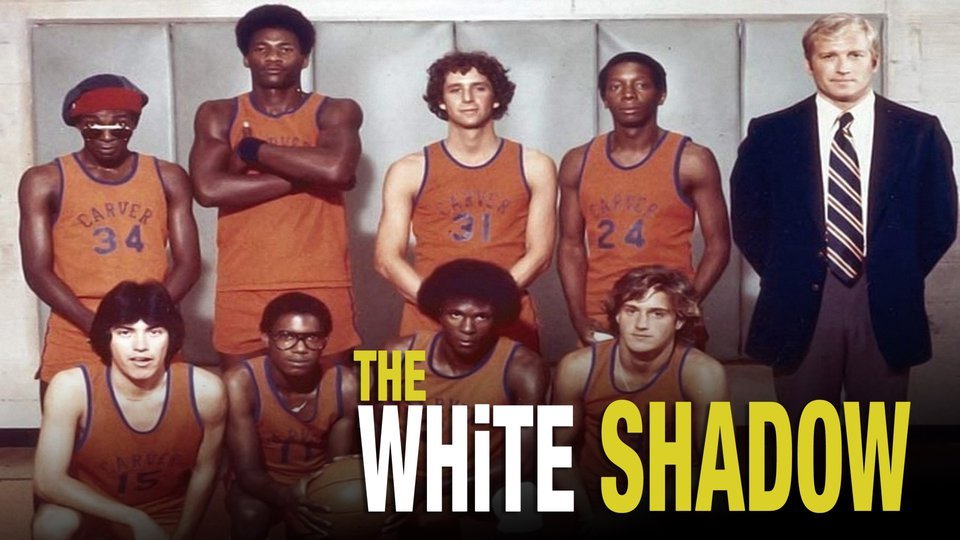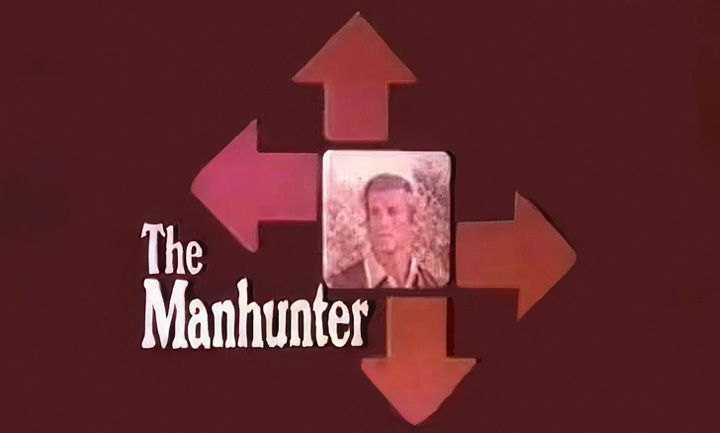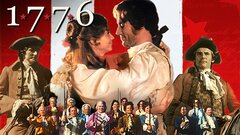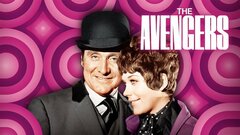A Tony Award-winning Broadway actor at the beginning of his career, Ken Howard enjoyed a few leading primetime television roles in the 1970s, but spent the majority of his career as a prolific character actor in film and on television. Howard's most memorable headlining television role was that of a retired NBA player-turned-coach of an inner city high school basketball coach on "The White Shadow" (CBS, 1978-1981), which showcased his talent for conveying authority and leadership softened by an emotional accessibility.
That quality led Howard to be cast in countless guest roles as judges, doctors and men of the cloth on procedural dramas and sitcoms alike. Meanwhile, he starred as many an athlete and protective family man in decades of made-for-television movies. Longer-running recurring roles on "Crossing Jordan" (NBC, 2001-07), "Melrose Place" (Fox, 1992-99), "Dallas" (CBS, 1978-1991) and "Cane" (CBS, 2007) assured that the prolific character player maintained his name recognition throughout his career, though his onscreen presence invariably brought up fond memories of the groundbreaking, racially mixed television series that established his career. Ken Howard died on March 23, 2016 at the age of 71.
Born on March 28, 1944, Howard was raised in Manhasset, Long Island, NY, where as a 6'6" teen he played center on the Manhasset High School basketball team. Following his graduation from Amherst College in Massachusetts, where he lent his baritone to a school a cappella group, Howard pursued a master's degree at the Yale University School of Drama. In 1967, he landed a bit part in the long-running Broadway musical "Promises, Promises," which earned a Tony nomination for Best Musical and was also noted for its musical score by the great Burt Bacharach. The newcomer aligned himself with another hit in 1969, portraying Thomas Jefferson in "1776," a musical based on the events surrounding the drafting of the Declaration of Independence. Howard took home a Theatre World Award for his performance and topped himself with a Tony Award winning performance in "Child's Play," in which he played a gym teacher at a haunted Catholic boarding school.
The new Broadway star made his film debut opposite an established one, Liza Minnelli, in the comical "Tell Me That You Love Me, Junie Moon" (1970), which he followed with a role as a man who attempts to seduce a family friend (Dyan Cannon) whose husband is in a coma in the darkly comic "Such Good Friends" (1971), by Otto Preminger. Howard reprised his award-winning portrayal of statesman Jefferson in the film adaptation of "1776" (1972), which earned a Golden Globe nomination for Best Motion Picture, Musical or Comedy, but lost out to that year's significantly more popular Broadway adaptation "Cabaret." After having made only a few guest appearances on television, Howard was cast in the Spencer Tracy role opposite Blythe Danner's Katherine Hepburn in a sitcom adaptation of "Adam's Rib" (ABC, 1973). After only a dozen episodes the series was cancelled. Howard was next cast as a lawyer with a bohemian love interest in the Tony-Award nominated Broadway musical "Seesaw."
Howard gave television another shot in 1974, this time starring as a 1930s-era hard-boiled detective in "The Manhunter" (CBS, 1974-75). In a fall lineup packed with crime-busting action series, however, the show failed to make the ratings cut and was cancelled after one season. But the New York stage was there to cushion his fall. Howard rapidly recovered with leading roles in "Little Black Sheep" and "1600 Pennsylvania Avenue" - a chronicle of one hundred years of American presidents that tasked Howard with portraying multiple chief executives, including Jefferson, James Monroe and Andrew Johnson. The ambitious production, and final original score for Broadway from Leonard Bernstein, proved to be an historic flop. But Howard rebounded again and was soon employed as a member of the touring production of "Equus." Howard maintained his heroic persona in a string of made-for-television movies, including "Superdome" (ABC, 1978), where he starred as a pro football player.
The same year Howard landed back on series television starring in "The White Shadow," playing a retired NBA basketball player-turned-coach of an inner city high school team. While not a landmark hit, the show received an enthusiastic reception from critics and developed a loyal fan base, while Howard's solid, tough-love father figure both on the court and off remained one of the most memorable of his television career. The show was also notable for being the first ensemble series with a predominantly black cast. Though unfortunately canceled after three seasons, Howard was immediately snapped up to star in a short-lived sitcom about blended families, "It's Not Easy" (ABC, 1983). He also appeared in high profile miniseries "Rage of Angels" (NBC, 1983) and "The Thorn Birds" (ABC, 1983), and in the American Playhouse production of Mark Twain's commentary on antebellum race relations, "Pudd'nhead Wilson" (1984), in which he starred in the title role.
Throughout the remainder of the 1980s, Howard appeared in several television movies per year in addition to splitting screen time playing cigar chomping lawyer Garrett Boydston on "Dynasty" (ABC, 1981-89) and its spinoff, "The Colbys" (ABC, 1985-87). Howard had a recurring role alongside senior sleuth Angela Lansbury in "Murder She Wrote" (CBS, 1984-96) and returned to Broadway as part of the ensemble cast of the Neil Simon comedy "Rumors." He made his feature writing and producing debut with "Challenge the Wind" (1991), an inspiring family-friendly film about a young man (Mark Whittington) who becomes a competitive runner. The same year he had a pivotal role in the headline-based telepic "Murder in New Hampshire: The Pamela Smart Story" (CBS, 1991), playing the father of a slain son convinced that his school instructor daughter-in-law (Helen Hunt) was behind the murder. Howard returned to movie screens to support Sylvester Stallone in the mafia misfire "Oscar" (1991), then starred as a New York Times reporter who uncovers an international conspiracy in the direct-to-video thriller "Ulterior Motives" (1993).
In 1994, Howard had a small role in the blockbuster political thriller "Clear and Present Danger," which he followed by easing his way back into hour-long dramas with a recurring role as the father of polar opposite sisters Jane and Sydney Andrews on Fox's sudsy young adult chronicle, "Melrose Place" (1992-99). He had a villainous turn as one of Sandra Bullock's nefarious blackmailers in the high tech thriller "The Net" (1995) and essayed his first fictional president in the Tom Clancy-based television movie "OP-Center" (NBC, 1995). While making guest appearances on hour-long dramas like "Diagnosis Murder" (CBS, 1993-2001), "The Practice" (ABC, 1997-2004), and "The West Wing" (NBC, 1999-2006), Howard occasionally had supporting movie roles. In 1999, he was the father of a blind man (Val Kilmer) who undergoes experimental surgery to restore his sight in the melodramatic "At First Sight."
The actor had his own real-life brush with medical drama the following year when he became ill and required a kidney transplant. Recovering quickly, he marked his return to acting with the fact-based television movie "Perfect Murder, Perfect Town: Jon Benet and the City of Boulder" (CBS, 2000), then began an ongoing role as the world-wise, retired detective father of Jill Hennessy's title character on "Crossing Jordan." During the first three seasons, Howard's pivotal character helped his daughter put together the pieces of her cases through role play. But after the third season, his character upped and disappeared, only to reappear occasionally with guest appearances thereafter. With an acting schedule busier than the sixty-something actor could have imagined, Howard appeared on "Curb Your Enthusiasm" (HBO, 2000- ) and "Arli$$" (HBO, 1996-2002).
In 2007, Howard took a villainous recurring role on "Cane" (CBS, 2007), the short-lived series about a successful Cuban-American sugar empire. After appearing in the Academy Award-nominated legal thriller, "Michael Clayton" (2007), Howard played the unfaithful husband of an intolerably neurotic woman (Diane Keaton) in the limited release indie film, "Smother" (2008). Being cast in a small role for the sequel "Rambo" (2008) was soon followed by guest spots on two top-rated series, "Boston Legal" (ABC, 2004-08) and "Cold Case" (CBS, 2000-).
Despite being a veteran television actor, Howard received his first-ever primetime Emmy nomination and win in 2009 for his portrayal of the wealthy ex-husband of an eccentric family in HBO's dramatization of the classic documentary, "Grey Gardens" (2009). Howard was recognized by the Academy in the Outstanding Supporting Actor in a Miniseries or a Movie category. Howard continued working steadily, including appearances in Clint Eastwood's biopic "J. Edgar" (2011) and a recurring role on the TV satire "30 Rock" (NBC 2006-2013) as clueless network executive Hank Hooper. He also appeared in supporting roles in the comedies "A.C.O.D." (2013) and "The Wedding Ringer" (2015).
His final film role came in David O. Russell's "Joy" (2015). Ken Howard died at his home in a suburb of Los Angeles on March 23, 2016. He was 71 years old.




